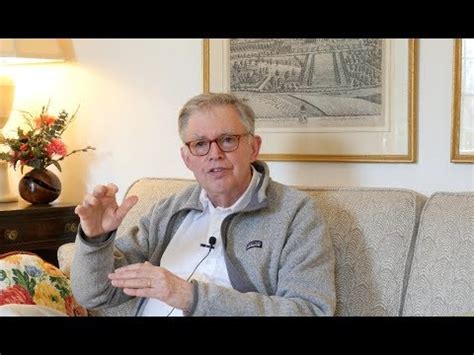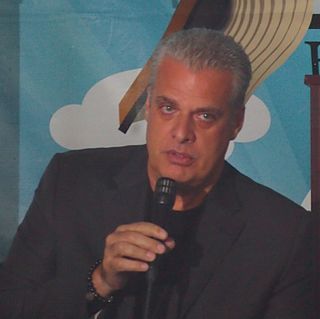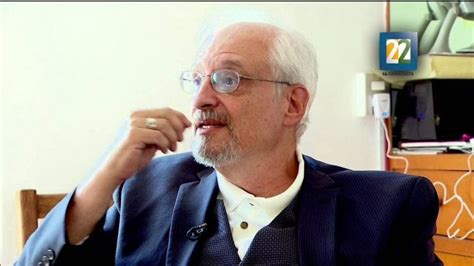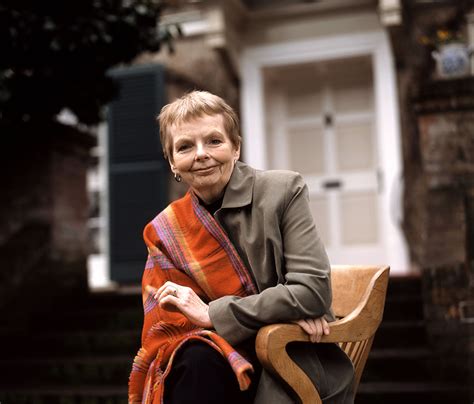A Quote by Pope Francis
There is the tendency to place ourselves and our ambitions at the center of our lives. This is very human, but it is not Christian.
Related Quotes
There is a foundation for our lives, a place in which our life rests. That place is nothing but the present moment, as we see, hear, experience what is. If we do not return to that place, we live our lives out of our heads. We blame others; we complain; we feel sorry for ourselves. All of these symptoms show that we're stuck in our thoughts. We're out of touch with the open space that is always right here.
One of the less attractive aspects of human nature is our tendency to hate the people we haven't treated very well; it's much easier than accepting guilt. If we can convince ourselves that the people we betrayed or enslaved were subhuman monsters in the first place, then our guilt isn't nearly so black as we secretly know that it is. Humans are very, very good at shifting blame and avoiding guilt.
Human beings are very unbalanced and prone to go off on tangents. In every area of life- with too great emphasis on one thing, leaving out another important thing altogether. None of us will ever be perfectly balanced in our spiritual lives, our intellectual lives, our emotional lives, our family lives, in relationships with other human beings, or in our business lives. BUT WE ARE CHALLENGED TO TRY, WITH THE HELP OF GOD. We are meant to live in the scriptures.
The heart is our hidden center, beyond the grasp of our reason and of others; only the Spirit of God can fathom the human heart and know it fully. The heart is the place of decision, deeper than our psychic drives. It is the place of truth, where we choose life or death. It is the place of encounter.
As all of our lives become digital, the logic of encryption is all of our lives will be covered by strong encryption, and therefore all of our lives - including the lives of criminals and terrorists and spies - will be in a place that is utterly unavailable to court-ordered process. And that, I think, to a democracy should be very, very concerning.
Whenever we make changes in our surroundings, we can too easily shortchange ourselves, by cutting ourselves off from some of the sights and sounds, the shapes or textures, or other information from a place that have helped mold our understanding and are now necessary for us to thrive. Overdevelopment and urban sprawl can damage our own lives as much as they damage our cities and countryside.
Cooking is a holistic process of planning, preparing, dining and sharing food. I place food at the center of our humanity, as it nourishes not only our physical bodies but also our emotional and spiritual lives. Food is truly a cultural phenomenon that informs our traditions and our relationship with the earth. I genuinely believe that food connects us all.
Central to Jungian psychology is the concept of "individuation," the process whereby a person discovers and evolves his Self, as opposed to his ego. The ego is a persona, a mask created and demanded by everyday social interaction, and, as such, it constitutes the center of our conscious life, our understanding of ourselves through the eyes of others. The Self, on the other hand, is our true center, our awareness of ourselves without outside interference, and it is developed by bringing the conscious and unconscious parts of our minds into harmony.





































